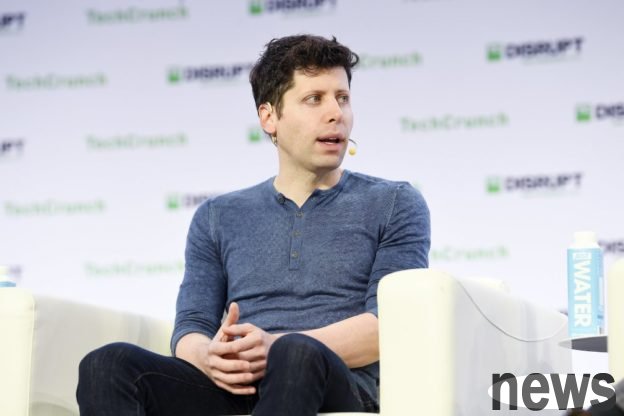Sam Altman, CEO of OpenAI, a major artificial intelligence company, recently expressed clear insights into the future of the global semiconductor supply chain, giving a decisive answer to whether major technology companies should consider Intel Foun...

Sam Altman, CEO of OpenAI, a major artificial intelligence company, recently expressed clear insights into the future of the global semiconductor supply chain, giving a decisive answer to whether major technology companies should consider Intel Foundry as an alternative to TSMC. Altman said he currently prefers to stick with the Taiwanese foundry giant rather than immediately switch to Intel.
In an interview with the media, Altman was asked about the problem of a single entity in the semiconductor value chain and whether it is necessary to expand the market supply chain, such as considering Intel foundry. Altman responded directly that he most hopes to see TSMC increase production capacity. When asked whether he thinks it is necessary for TSMC to accelerate investment in more production capacity, he will definitely answer.
Altman’s views carry considerable weight in the industry, because although OpenAI is not currently involved in the chip manufacturing business, the technology giant is developing a dedicated AI chip, which is said to use TSMC’s 3-nanometer process. This shows that Sam Altman has a deep understanding of the dynamics of the semiconductor supply chain. Therefore, regarding whether a multi-chip supplier strategy should be adopted, his statement revealed a clear preference to rely on a consistent and stable partner rather than the current dual sourcing strategy. However, this is not a complete rejection of Intel, but an indication of priorities.
Major technology companies generally understand that TSMC alone is not enough, and committing to domestic manufacturing in the United States is a long-term goal. In particular, NVIDIA (NVIDIA) and AMD both concentrate their production at TSMC, leading to supply concentration risks. However, it will take time and proper logistics for TSMC to move a significant portion of its production from Taiwan to the United States. Moreover, in order to effectively alleviate existing supply constraints, the industry needs a secondary chip partner, whether it is Intel or Samsung. However, the current situation is that other manufacturers cannot meet the demand.
Technology manufacturers are concerned about the efficiency, performance and yield performance of Intel's 18A process, which will be the decisive factor in determining whether Intel's foundry services are suitable for taking on the heavy responsibility of American manufacturing. Currently, Intel claims that the next generation of Panther Lake series processors are built using Intel 18A technology and are 30% more energy efficient than the previous generation of Lunar Lake.
AMD Although the outside world continues to pay attention to the potential Intel foundry, CEO Su Zifeng has adopted a subtle line, only emphasizing its commitment to TSMC and not completely rejecting Intel. NVIDIA CEO Jensen Huang once joked that Intel has tried to kill us for 33 years, but now it has become a lover, not an opponent. However, Intel's new cooperation with NVIDIA x86 CPU, Acer CEO Chen Junsheng pointed out, may cause trouble for PC brands.
Overall, although the industry is generally aware of the necessity of supply chain diversification, Sam Altman’s speech highlights the urgent need for mature and stable TSMC capacity expansion at this stage, as well as a cautious wait-and-see attitude towards Intel foundry services until the efficiency and output of its key processes such as Intel 18A are verified.